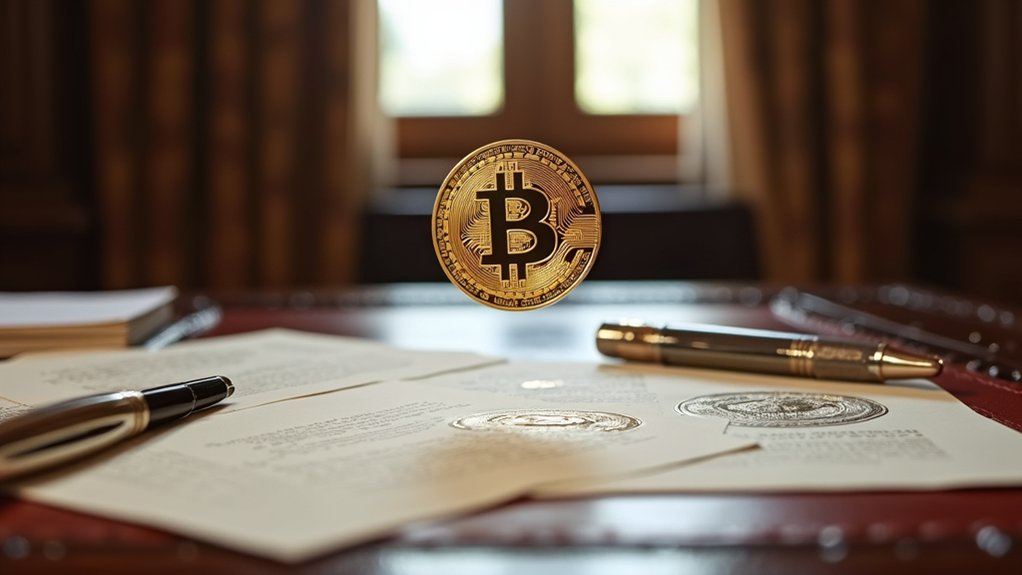A growing coalition of DeFi advocates has mobilized to challenge what they view as the SEC’s misguided application of Depression-era securities laws to protocols that, by their very nature, lack the central issuers and intermediaries those regulations were designed to govern.
These rebels aren’t merely protesting regulatory overreach—they’re pressing the Senate to craft formal exemptions that acknowledge DeFi’s fundamental departure from traditional finance.
The movement’s timing proves strategic, coinciding with DeFi markets demonstrating remarkable resilience and growth potential. Some tokens are projected for 4x gains by 2025, while DeFi assets have already achieved multi-billion-dollar market capitalizations.
Automated Market Makers like Radium on Solana continue flourishing despite earlier platform failures (Serum’s collapse being a notable casualty), suggesting the sector’s underlying robustness transcends individual project failures.
Current regulatory ambiguity creates a peculiar situation where developers operate under vague SEC memos rather than clear statutory guidance.
The Commission’s enforcement-by-confusion approach leaves critical terminology—”staking,” “wallets,” “decentralized apps”—trapped in definitional purgatory. This uncertainty doesn’t merely stifle innovation; it threatens to export American ingenuity overseas where regulatory frameworks prove more accommodating.
Industry advocates present compelling arguments: how does one regulate protocols without controlling entities? Traditional securities laws assume centralized intermediaries, yet DeFi’s permissionless, global nature renders such assumptions obsolete.
Blockchain’s immutable ledger arguably provides superior transparency to traditional finance’s opacity-prone structures.
The Senate faces mounting pressure from multiple directions. Lawmakers seek balanced approaches protecting investors without crushing innovation, while regulators maintain concerns about consumer protection and market integrity. Like Mali’s government requesting foreign military assistance to regain territorial control, the DeFi industry now seeks congressional intervention to reclaim regulatory clarity from an increasingly hostile enforcement environment.
Meanwhile, international competitors like Japan signal regulatory openness, potentially positioning themselves to capture fleeing American projects.
Political lobbying intensifies as the movement recognizes formal rulemaking’s superiority over regulatory guidance. Clear exemptions would enable U.S. projects to compete globally while maintaining domestic innovation leadership. The growing influence of Decentralized Autonomous Organizations demonstrates how blockchain governance models challenge traditional regulatory frameworks by eliminating centralized control structures entirely. Investors should establish a clear asset allocation strategy to navigate the volatile regulatory landscape and manage risks effectively.
The question remains whether Senate willingness to accommodate these demands matches the industry’s lobbying strength, or if regulatory caution will ultimately prevail over technological innovation.
The stakes extend beyond DeFi—America’s position in the evolving digital finance landscape hangs in the balance.








